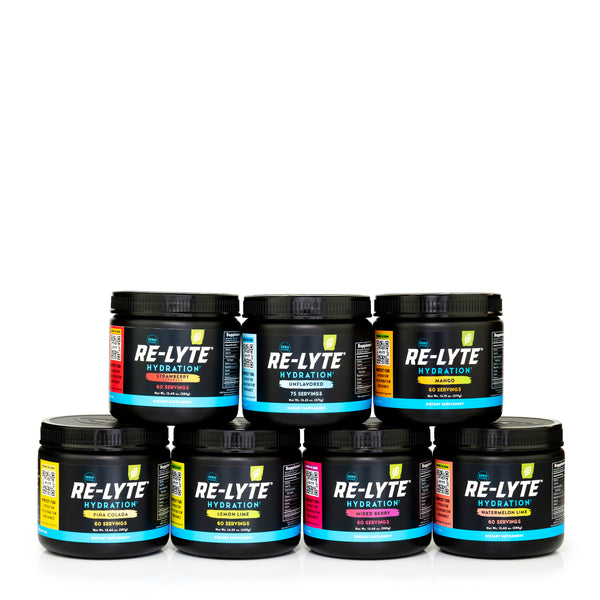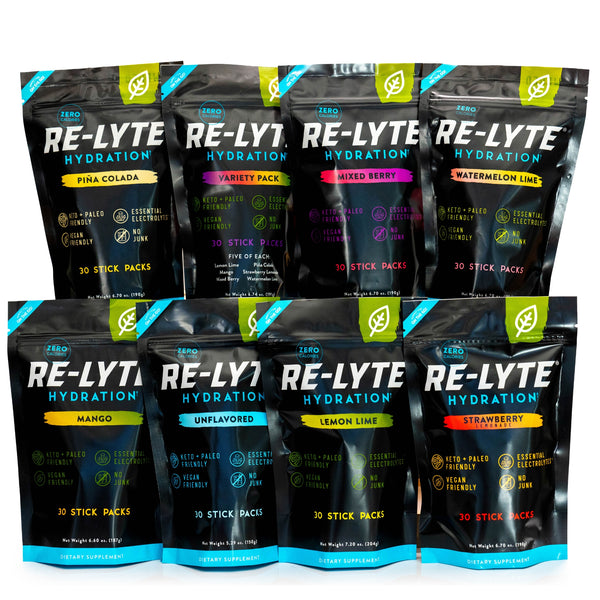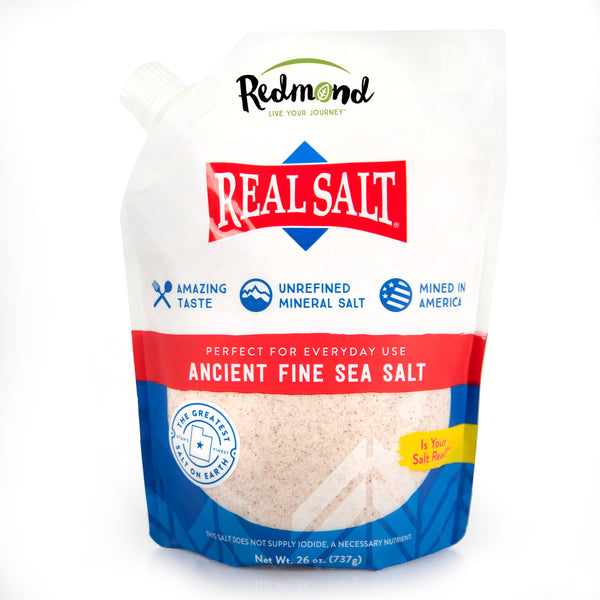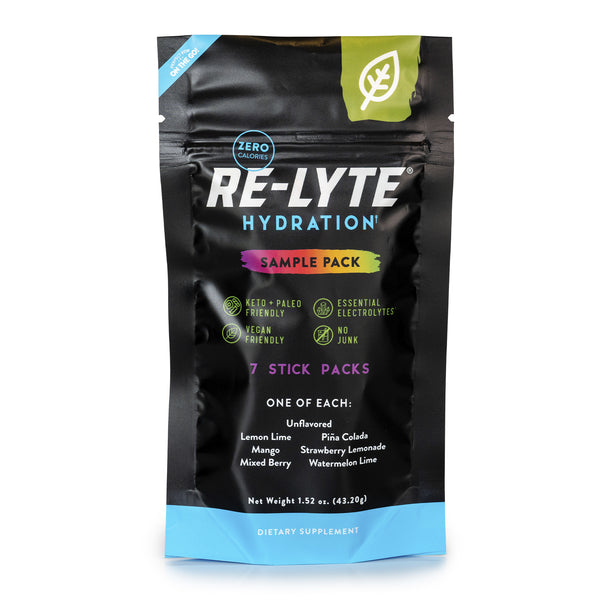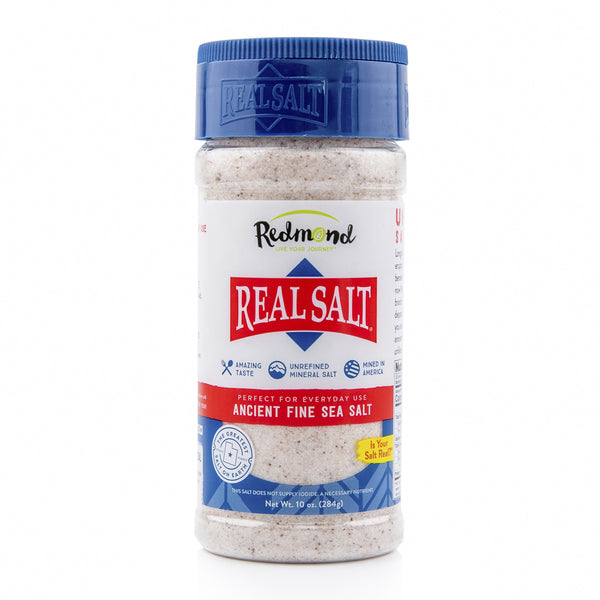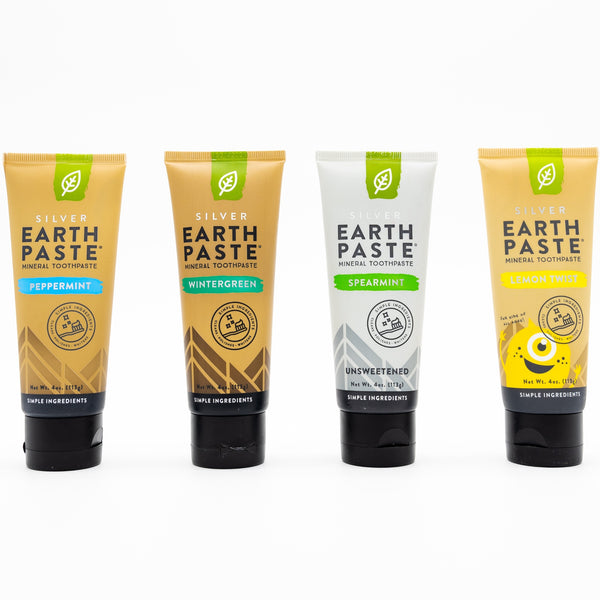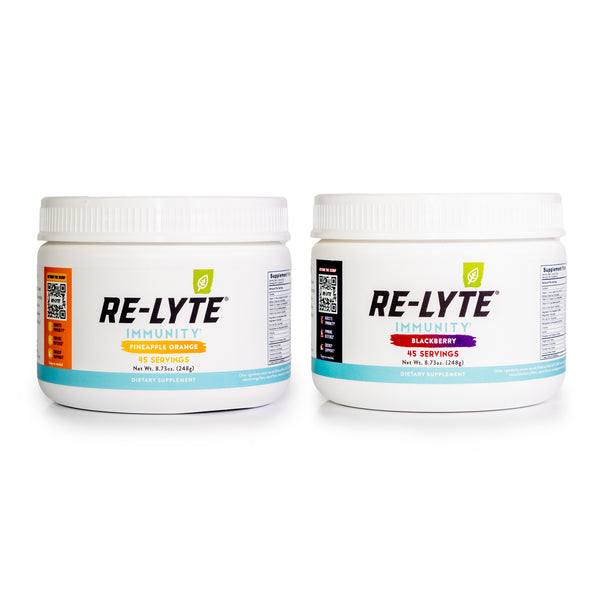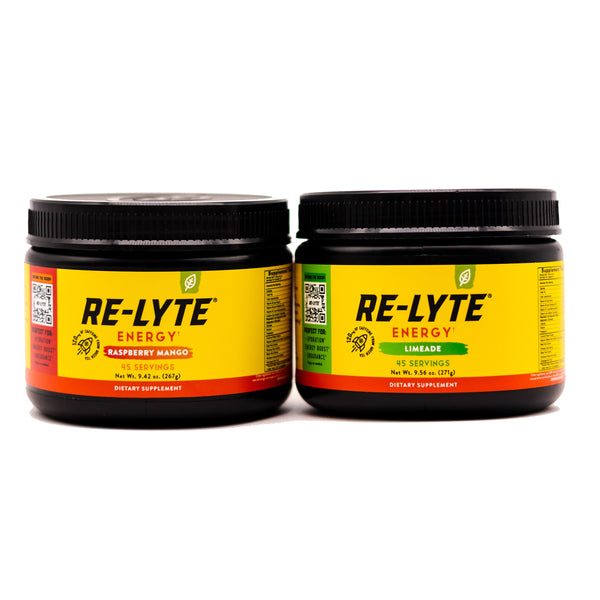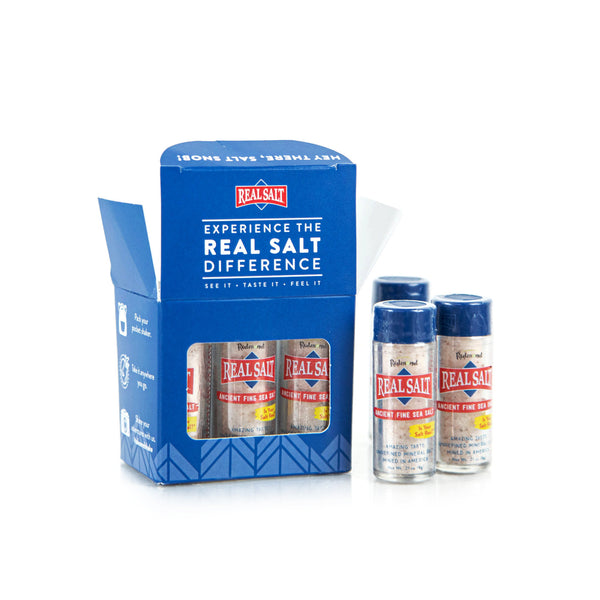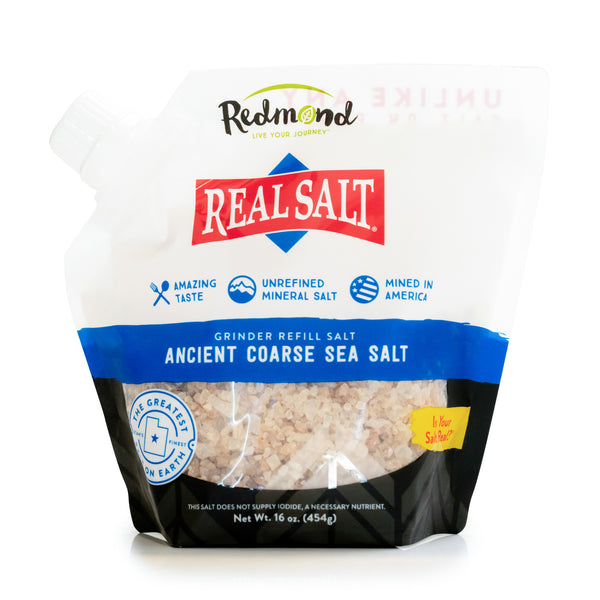4 Easy Ways to Curb Carcinogens While Grilling
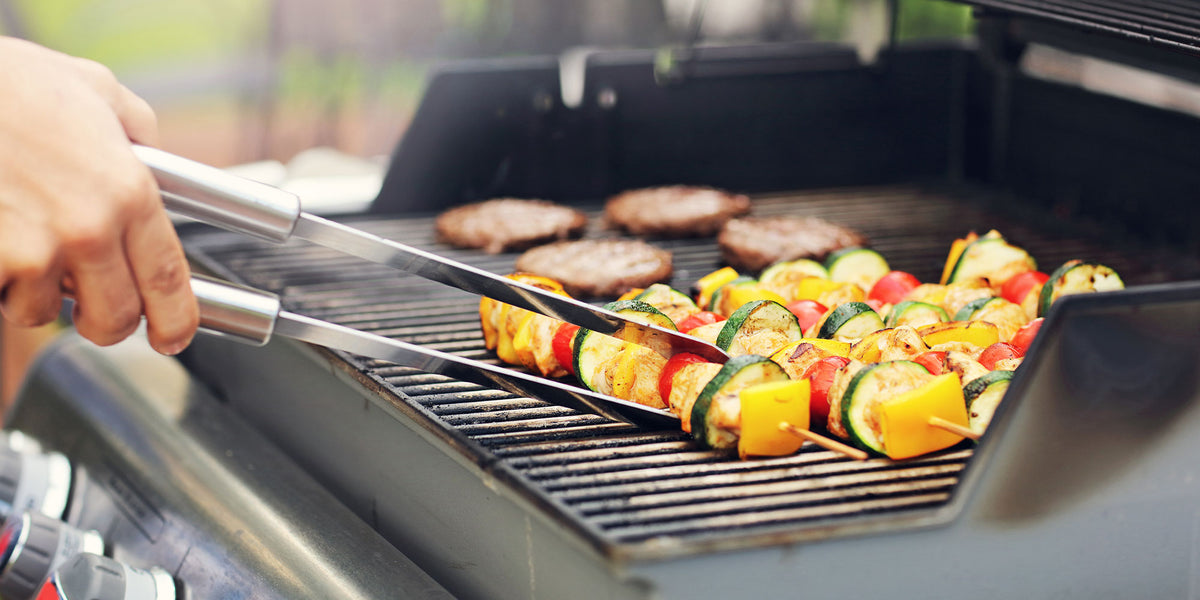
Article at a Glance:
- Cooking meat at high temperatures can form potentially carcinogenic chemicals called HCAs.
- Fat dripping off meat while you cook can create smoke that contains potentially carcinogenic chemicals called PAHs.
- Reducing heat and cooking time can lessen your exposure to HCAs.
- Marinating meat in antioxidant-rich marinades can also minimize the formation of these chemicals.
- Choosing leaner cuts and opting for grilled chicken, fish, or produce can reduce your cancer risk as well.
It’s summertime, and many of us are breaking out the grill!
However, the potentially cancer-causing properties of grilled and fried meats are becoming increasingly well-known, and you might be concerned about carcinogens in BBQ and grilling.
If you’re new to the cancer and grilling conversation, here’s a little background info:
When muscle meats (you know, the ones we eat the most) such as beef, pork, chicken, and fish are exposed to high temperatures, chemicals called heterocyclic amines (HCAs) and polycyclic aromatic hydrocarbons (PAHs) form.
HCAs develop when the creatine and amino acids in muscle meats react at high temperatures like what you’d find on a grill or even when pan-frying.
PAHs are found in the smoke that rises when fat from cooking meat drips onto flames or a hot surface. This PAH-laden smoke then coats the meat. (Before you ask, yes, PAHs are also present in smoked meats.)
While these chemicals are not proven to increase cancer risk in humans, they are associated with certain cancers in lab rats and can potentially alter DNA, increasing the likelihood of cancer. It’s also worth noting that different people may metabolize these chemicals in different ways, which means some may be more susceptible to their harmful effects than others.
Here’s what we do know: these chemicals are bad for you—though we’re still learning just how bad—so it won’t hurt to adopt a few cooking practices to reduce your exposure as much as possible.
If you’re concerned about lower cancer risk grilling this summer, don’t worry, we’ve got you!
It’s absolutely possible to enjoy healthy summer grilling without increasing your cancer risk or sacrificing taste. All it takes is a little conscious cooking and a few grilling hacks!

Here’s how you can enjoy summer grilling while minimizing HCAs and PAHs!
Tip #1: Reduce heat and cooking time
Your cooking temperature and method matter!
HCAs form more in meats cooked at temps over 300ºF, so using a lower temperature and cooking meats for less time can help. But make sure that pork and chicken reach an internal temperature of 145ºF and 165ºF, respectively, before eating to avoid foodborne illness.
A good way to do this on a gas grill is to light the burners on the ends and grill in the middle at a lower temperature, with the lid closed, avoiding the open flame.
Finally, try flipping or turning your meat frequently so it’s not sitting on the pan or over an open flame for too long.
Tip #2: Avoid Overcooking
Rare steak lovers, rejoice!
Well-cooked meats tend to contain more HCAs due to higher cooking temps and/or times. We won’t tell you how you like your steak. but it’s worth keeping this in mind.
Also, char is a sure sign of overcooking and the potential formation of HCAs, so try to keep burning and grill marks to a minimum. If you do burn an end here or there, no biggie! Just cut off the charred bits.
Cleaning your grill regularly to reduce char buildup can make a big difference as well!
Tip #3: Bust out the marinades.

Marinades have been shown to reduce the formation of HCAs and PHAs, though we’re not entirely sure why.
Some researchers think marinades may act as a barrier that shields meat from high heat and smoke. Marinades with ingredients high in antioxidants may also inhibit the formation of HCAs and combat their effects, even in well-done beef.
This small study out of Kansas State University found that marinating steaks before cooking reduced the presence of harmful chemicals by up to 87%! (Also worth noting: researchers found that the marinated steaks tasted great.)
For maximum carcinogen-reducing benefits, use marinades that are low in sugar and full of antioxidant-rich herbs like rosemary and thyme. Oregano, chili, garlic, parsley, and pepper are also helpful (and flavorful) additions!
There’s also some evidence that marinades containing beer may inhibit the formation of dangerous chemicals.
If you live in Utah, you can find a variety of healthy bottled marinades in our Redmond Heritage Farm Store locations. If not, you can make your own with our seasoning salts, which are full of antioxidant-rich herbs and spices!
Try marinating meat for at least 30 minutes prior to cooking for maximum deliciousness and carcinogen-reducing effects.
Tip #4: Go lean
Because dripping fats can create carcinogen-causing smoke that coats your meat in PAHs, it’s a great idea to go lean! Opt for lean, grass-fed beef (like from our farms in Utah or a local farm in your area!), and chicken breasts over fattier cuts. Trim visible fat before throwing your meat on the grill.
Another go-lean tip: mix it up! If you’re all steak and burgers, all the time, try grilling chicken, fish, or even fruits and veggies. These foods tend to be leaner and cook in less time than red meat. Less time on the grill and less fat dripping into the flame = less of the nasty stuff.
Another great hack is to wrap your meat in foil to lock in juices and prevent them from dripping into the flames. Viola! No smoke means no PAHs! This also has the added benefit of preventing your meat from drying out for juicy, carcinogen-free grilling. It’s a win-win!
Have Your Meat and Eat It Too!
Grilling is a cherished summer institution, and you can enjoy your cookouts without compromising your health!
Follow us on Instagram for Hot Grill Summer and get ALL the insights on delicious and healthy grilling. And if you live in Utah (or you come visit), don’t forget to check out our Redmond Heritage Farm Stores so we can hook you up with all your healthy meat and seasoning needs for this summer!


